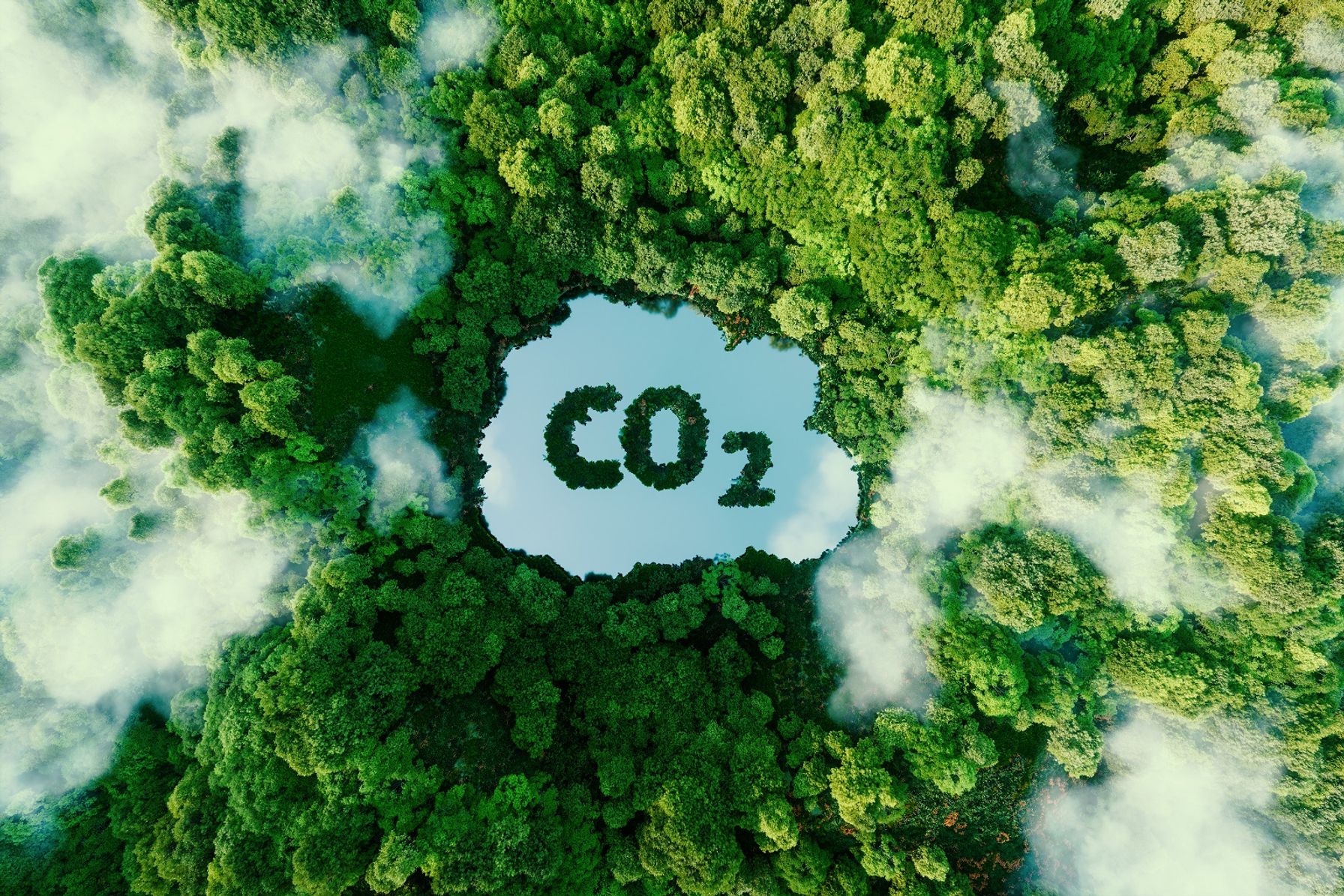
Tune in to Episode 6 of TRC’s Energy Talks Podcast, where we join industry experts from the wholesale energy and environmental commodity markets to discuss how utilities and project developers are valuing the environmental attributes of building decarbonization projects.
With 40% of greenhouse gas emissions coming from buildings, this sector is the single largest lever available for us to solve emissions-driven climate change. Building decarbonization refers to any process or technology that reduces the carbon dioxide emissions associated with buildings. This includes energy efficiency, electrification, load flexibility and distributed renewable generation projects.
Utilities traditionally invest in building decarbonization programs to achieve grid benefits, including avoided capacity. But in parallel, these programs generate environmental benefits in the form of avoided greenhouse gas emissions – known as environmental attributes – and can help meet government and corporate clean energy goals. Different types of environmental attributes exist, which can be measured in carbon offsets (tons of CO2e) as well as energy attribute certificates (EACs), typically in the form of renewable energy credits or RECs (measured in MWhs).
The value of these environmental benefits is increasing and expected to soar over the coming decades, making the avoided cost of carbon an increasingly weighty input in the assessment of the cost-effectiveness of building decarbonization programs. This trend represents a paradigm shift, offering the potential to bring large new investors into our industry over the coming decades and greatly expand our program impacts. Many of us in the industry are asking: How are utilities and states that are administering building decarbonization programs currently valuing the environmental attributes generated by their programs?
Hear from the Experts: Tune in to our Podcast
Join our panel of energy industry specialists as the latest episode of our podcast investigates the challenges, opportunities and solutions surrounding monetizing the environmental attributes of building decarbonization projects. Our panelists are:
- Lisa Barrett – Director, Advanced Energy United. Lisa’s work focuses on removing barriers and expanding opportunities for advanced energy technologies to participate in wholesale energy markets, focusing on the Midcontinent ISO and Southwest Power Pool. She has over 15 years of experience in the energy industry, including representing distributed generation projects in renewable energy certificate, forward capacity and real-time energy markets in New England.
- McGee Young – Founder, WattCarbon. McGee developed an energy procurement platform that’s scaling the transition by making high impact clean energy accessible to any organization. The WattCarbon Energy Attribute Tracking System is the first ever registry designed specifically for distributed energy resources, enabling buying for any hour, from any clean energy resource.
- Maddie Emerson – Strategy & Regulatory Manager, TRC. Maddie leads initiatives within TRC’s Advanced Energy practice to drive decarbonization and energy efficiency in the commercial, industrial and residential sectors for our utility client partners. Based out of St. Louis, MO, Maddie is the host of the TRC Energy Talks Podcast, an open discussion forum for “all things energy.”
By planning, designing and implementing decarbonization and energy efficiency programs across the U.S., TRC is helping our clients achieve a clean and equitable energy future for the communities they serve.
For more information, contact us at advancedenergy@trccompanies.com